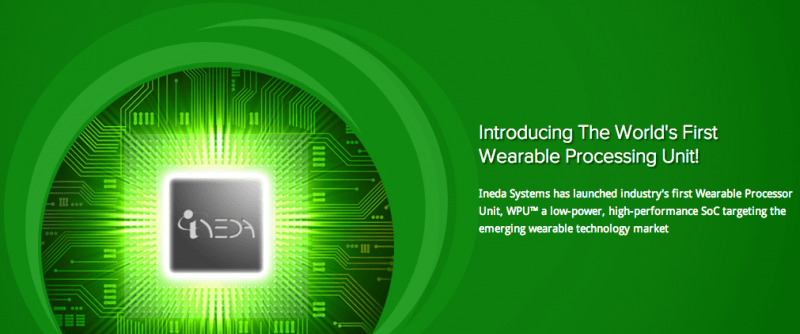Justin Kahn
Posts: 752 +6

Wearable devices like smartwatches and fitness trackers tend to suffer from limited battery life, but it appears a new type of chip from startup Ineda Systems could enhance that significantly.
The chip is actually designed to run along side a more powerful main processor, offering a quick low powered solution for more simple tasks like basic apps and acts as a simple sensor for incoming voice commands among other things.
The idea here is that the low-power Ineda chip will handle lesser tasks allowing the device's main processor to power down when it's not needed. This in-turn offers huge power savings and the same functionality as usual.
The company currently has three different models in development, each with more power than the next. The most basic can maintain a Bluetooth connection as well as handle motion detection and one voice command. The more powerful options can play music or even run slightly more complex apps without the need to have the main processor sucking juice from the device. If at any point the Ineda chip requires more power for a particular task, the main processor kicks into action to pick-up the load.
Ineda has plans to move the chips into production next year, but there are no details as to where they might end up. According to reports, smartphones could make use of this technology as well.